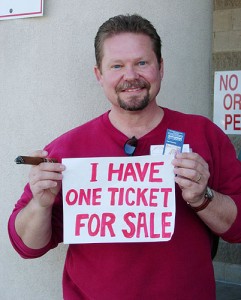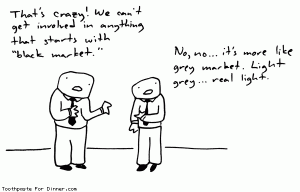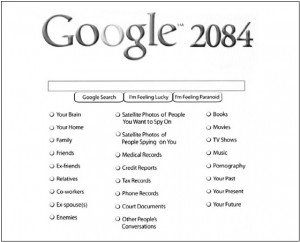Is going to University worth the cost?
Let us examine the numbers:
123 Universities in America charge over $50,000 per year.
American national average income: $42,000 per year.
Room and board: $12,801
School costs: $41,760
Total costs: $54,561
Total costs of attending Harvard over 4 years (including room and board): (54,561 x 4) = $218,244
Best forgone alternative over 4 years (job earnings – room and board):[(42,000 x 4) – (12,801 x 4)] = $116,796
(Total costs of attending Harvard) + (Best forgone alternative) = Opportunity Cost
(54,561 x 4) + [(42,000 x 4) + (12,801 x 4)] = $335,040
Theoretically, it costs $335,040 to attend Harvard over 4 years.
Assume a Harvard graduate makes $33,504 more than the National average:
Yearly income of Harvard graduate: 42,000 + 33,504 = $75,504
Total earnings over 10 years of Harvard graduate: 75,504 x 10 = $755,040
Yearly income of average worker: $42,000
Total earnings over 10 years of average worker: 42,000 x 10 = $420,000
(Total earnings of Harvard graduate over 10 years) – (Total earnings of average worker over 10 years) = 755,040 – 420,000 = $335,040
Break-even point following graduation: 10 years
So much stock is put into “higher education”, but simple analysis of numbers says post-secondary education is absurdly overpriced and overvalued. The fact that the average American earns less than the cost of attending University is astounding. Knowledge is power, but the costs are overwhelming. Today, students and their families must be careful when investing in the greatest stock of all: education.













